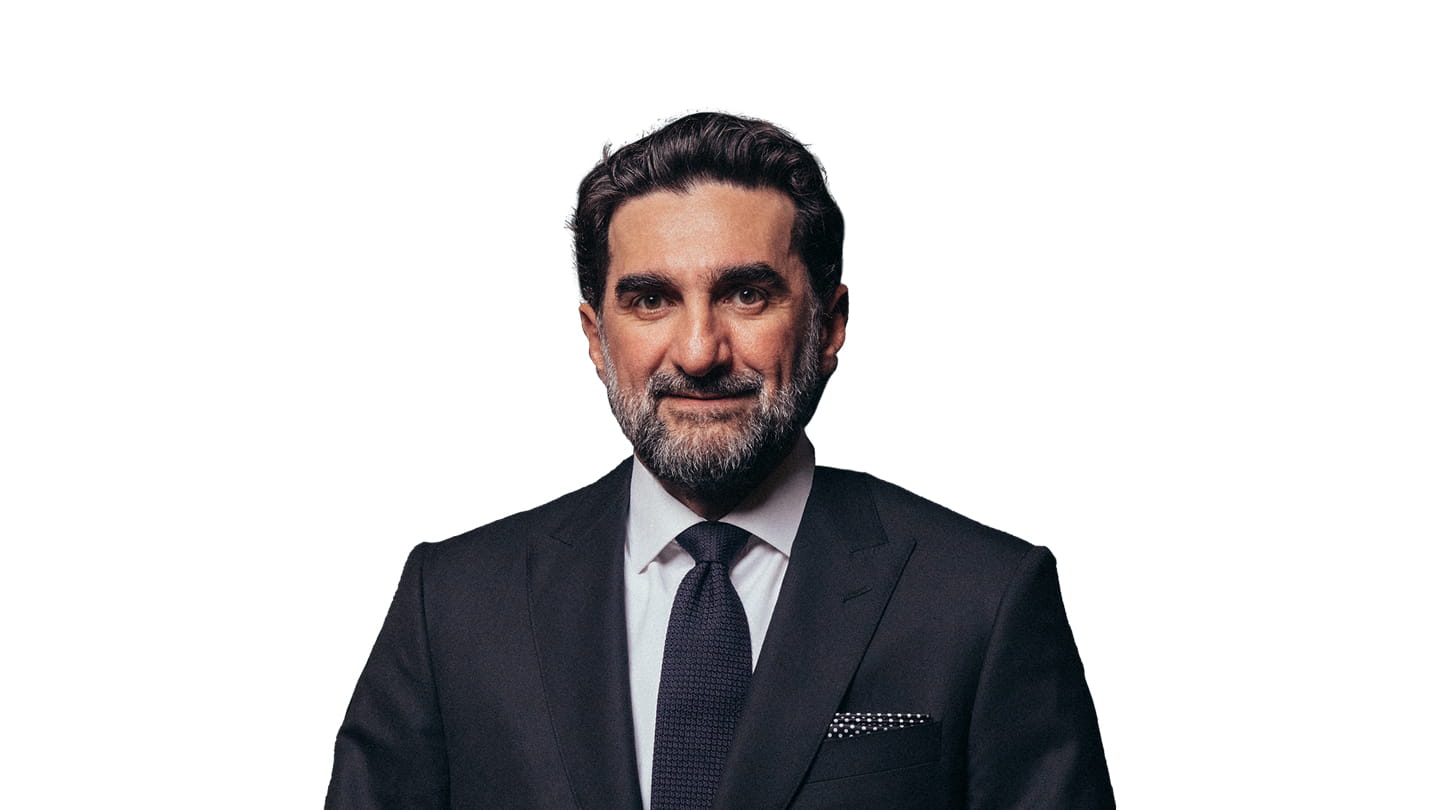Remarks by HE Yasir O. Al-Rumayyan at IPTC 2022

HE Yasir Othman Al-Rumayyan, Chairman of Saudi Aramco’s Board of Directors and the Governor of the Public Investment Fund.
Bismillah ir-Rahman ir-Rahim.
Your Royal Highnesses, Your Excellencies, Distinguished Guests, Ladies and Gentlemen.
It's a great pleasure to welcome you back to IPTC.
A lot has happened since IPTC last met in person two years ago.
A new virus engulfed the world. Whole cities fell silent…
At one point in 2020, half of humanity, 3.9 billion people, were subject to some form of lockdown, and this resulted in the biggest shock to oil demand in our lifetimes.
Over the last two years, our industry has learned the true meaning of resilience.
And for Aramco, it's a source of immense pride that in spite of all the uncertainty, we maintained exceptionally high rates of reliability, thanks to the incredible efforts of our people.
One other moment stands out for the company.
Last year, we set out our ambition to achieve net zero Scope 1 and 2 greenhouse gas emissions, across all the assets we wholly own and operate.
I want to tell you what that means and also what it doesn't mean.
It doesn't mean that we're getting out of oil and gas, far from it.
We intend to remain the world's top producer.
Energy transitions take time.
For instance, after years of impressive growth, there are 10 million electric vehicles on the road. Which is less than 1 percent of the global car fleet.
And new energy sources themselves depend on materials that can only be produced with hydrocarbons.
Consider a wind turbine.
The tower is made from steel, the base is concrete, the blades are coated in resins derived from ethylene.
The trucks and ships that transport those materials run on diesel.
And when the wind isn't blowing, conventional energy sources make up the shortfall.
So make no mistake, oil and gas are part of this transition. We have a vital role to play. And we intend to be in business for a very long time.
But we are not complacent.
We have never believed that nothing about this industry has to change.
Oil and gas will continue to be used for decades to come. Of that I have no doubt.
But I also have no doubt that high-cost, inefficient, high-carbon intensity producers will not be part of that future.
And I know which path Aramco intends to take.
With an Upstream carbon intensity of 10.6 kg of CO2 equivalent per barrel of oil equivalent, we are amongst the lowest of any major producer in the oil and gas industry today, well ahead of the OGCI's 2025 target on Upstream Carbon Intensity of 17.0 kg of CO2 emitted per barrel of oil equivalent.
We want to retain and reinforce our leadership position. This is why we've set out our net-zero ambition.
Getting there will require radical innovation, and a lot of advanced technologies, and so we've placed huge emphasis on turning Aramco into an ideas factory.
In 2021 we were granted more than 860 U.S. patents, more than any other energy company.
We're rolling out A.I. and advanced data analytics across our biggest production facilities, deploying drones and robotics by air, land and sea, and we're intensively researching carbon capture, utilization and storage.
Our CO2 enhanced oil recovery demonstration project at Al-Uthmaniyah can capture and inject up to 800,000 tons-per-year of CO2 for enhanced oil recovery.
Which is equivalent to taking more than 170,000 passenger cars off the road.
And this is just the start.
Aramco scientists are also working on developing advanced carbon capture and storage materials, metal organic frameworks and membranes that can separate CO2 from air at lower energy costs.
They hold out the possibility of direct air capture of CO2, removing CO2 directly from the atmosphere, then storing it underground or recycling it into long-lasting materials like concrete.
This is an emerging technology. Mass-deployment may not be possible until the end of this decade.
But in this industry we do think in decades, not in quarters.
We think, we plan and we invest for the long-term.
Which is why we're also looking at brand new uses for oil and gas.
With our vast gas resources and high potential for CO2 storage, we want to be a leading player in the new, lower-carbon hydrogen economy.
In 1939, we shipped our first delivery of oil from Ras Tanura, some 80 years on, we delivered our first shipment of hydrogen in the form of blue ammonia for use in low-carbon power generation in Japan.
So we are excited about lower-carbon synthetic fuels derived from hydrogen and CO2.
We are working with the world's best, including engineers at Formula 1, to drive this technology forward.
Over the course of this conference, we will hear about many other brilliant ideas and solutions. Innovations drawn from right across our industry.
I'm looking forward to it.
But in concluding ladies and gentlemen, let me say this.
It's often assumed that the only thing holding back a net-zero future is a lack of ambition.
That's wrong. Our industry has ambition in abundance.
The truth is that there are still some very complex technology challenges that we haven't yet solved.
Challenges around energy storage, around essential industrial processes, for which no low-carbon alternatives exist.
And while others might wave away those challenges, we will confront them, head-on. Because we are an industry of problem-solvers, we are not driven by ideology. We are driven by what works.
And this is why I have huge confidence in the future of our industry, our capacity to transform, our ability to provide the real energy and real solutions that the world expects.
Thank you again for joining us. I wish you a highly successful conference.


